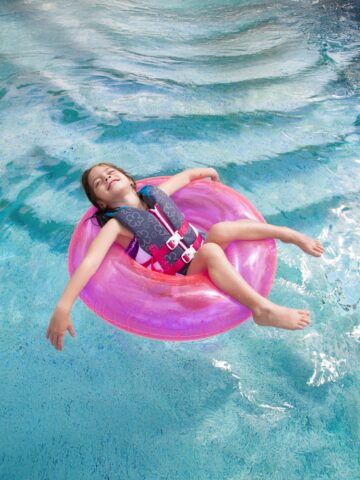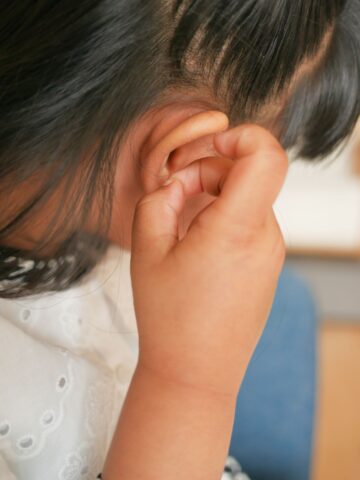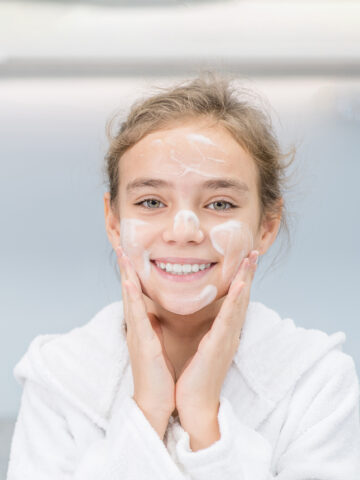Kids are still kids, even during a pandemic – they play, they get sick and sometimes they get hurt. We spoke to Dr. Angela Dangvu, a CHOC pediatrician, about what parents can do to keep kids safe this summer.

COVID-19 precautions
The best way to prevent illness from COVID-19 is to avoid being exposed. In addition to practicing proper handwashing, people should watch for symptoms and avoid going out if they feel ill. When outside the home, people should physically distance from others whenever possible, and wear a face covering. The Centers for Disease Control and Prevention recommends the use of cloth face coverings in public for those over age 2.
Be safe around water
A child can drown in as little as 2 inches of water – so keep an eye on all bodies of water like bathtubs and ice chests, in addition to pools. Assign a “water watcher” who knows how to swim and can provide constant, uninterrupted supervision. Learn more about water safety.
Wear your sunscreen
Everyone over 6 months should wear sunscreen when they’re outdoors. Infants younger than 6 months should be kept out of the sun.
Apply a sunscreen with SPF 30 at least 15-30 minutes before you go outside. Reapply every two hours or after swimming or sweating. Wide-brimmed hats and sunglasses offer extra protection. Limit time spent outside between 10 a.m. and 4 p.m. to minimize down on sun exposure. Also be aware that surfaces like sand and water reflect sunlight, so it’s possible to get burnt even when you’re in the shade. This is especially true for infants.
Review family emergency preparedness plans
Emergencies are not on pause just because there is a pandemic. Create and practice a fire escape plan with your family. Double-check smoke alarms and carbon monoxide detectors.
Practice poison precautions
Avoid household poisoning hazards and save the Poison Control Center’s phone number in your cell phone: 1-800-222-1222 for serious emergencies or simple questions. Store medicine and vitamins up high and out of sight. Remind children that medicine is not candy.
Helmet safety
Most serious head injuries can be avoided by wearing a properly fitting helmet. By law in California, everyone under 18 years of age must wear a Consumer Product Safety Commission-approved helmet while bicycling, riding a scooter, skateboard, or using roller-skates or in-line skates. Parents should enforce this rule even when kids are riding in areas where they don’t expect to encounter vehicles.
If your child is ill or injured during the summer, here’s a guide on deciding where to go for care during COVID-19.
This article was updated June 7, 2022.
Get more expert health advice delivered to your inbox monthly by subscribing to the KidsHealth newsletter here.
Get more safety and injury prevention tips from CHOC experts
More children are affected by injuries than all other childhood illnesses and diseases combined. Most of these injuries are predictable and preventable. Here’s how to keep your child safe.





